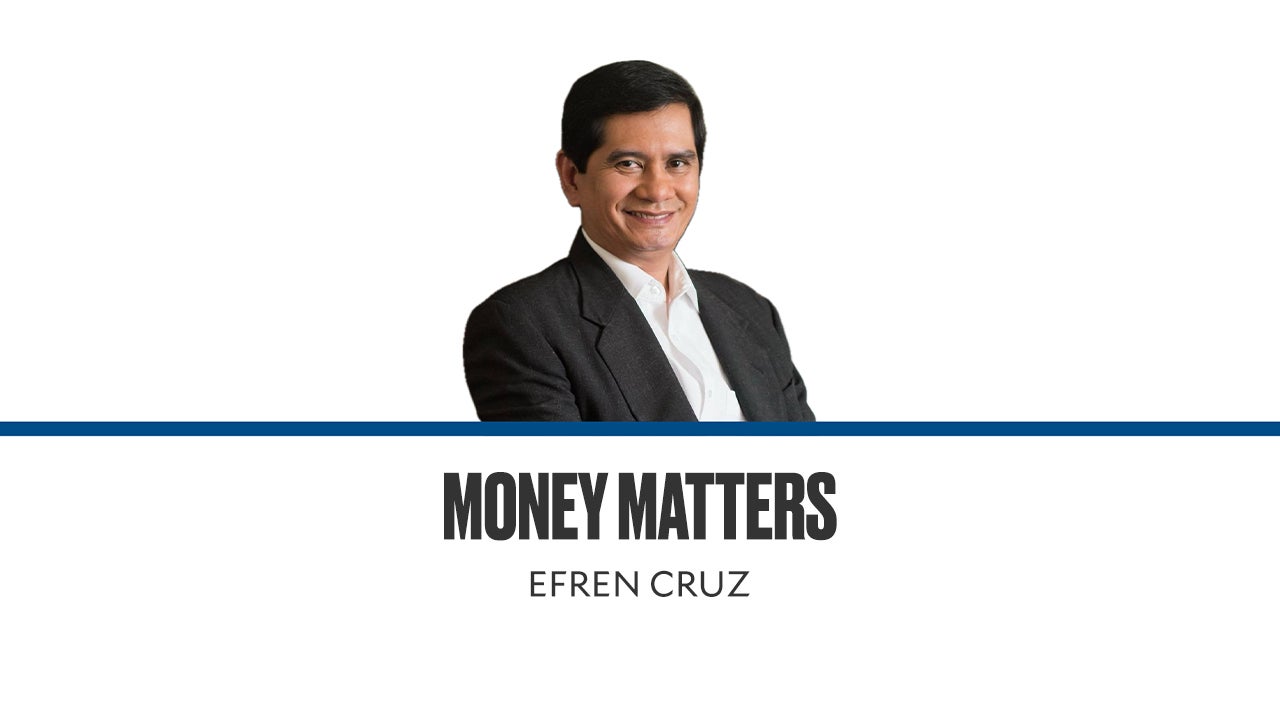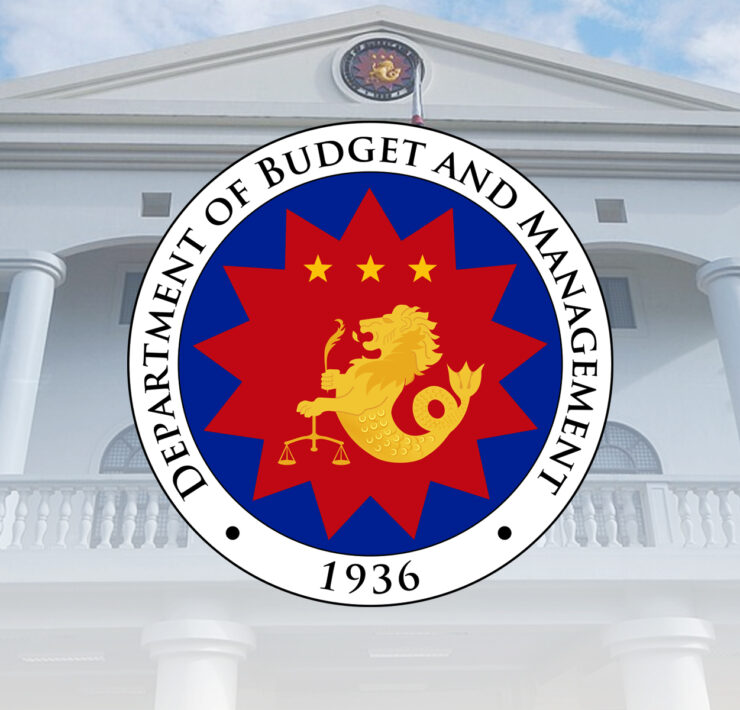Do you have a personal trade deficit?

Question: I am finding it hard to balance our household budget. I must admit that the obvious culprit is that we are spending on a lot of stuff. For example, at least in our neighborhood, ordering food from our village’s mom-and-pop kitchen operations is a lot cheaper than cooking ourselves. I guess that is because their larger operations allow them to benefit from economies of scale. Also, instead of having tailor-made clothes, we just buy off the rack. But somehow, we end up buying more (e.g. food and clothing). Does that make any sense?
Answer: You seem to have a budget deficit stemming from a runaway spending habit.
To be sure, it is not entirely your family’s fault. While businesses that have scaled up can produce goods at a cost cheaper than that you can make them, they also employ selling tactics that cloud your judgment.
For instance, you do not really have to load your toothbrush with a huge stripe of toothpaste to clean your teeth well. It is said that for adults, a pea-sized portion of toothpaste would be enough. And for your children, just a smudge. Buying branded products gives you a sense of comfort that what you are buying has top-notch quality—and when it comes to designer stuff—exudes class, sophistication, elegance.
Do remember, though, that selling tactics work only because they tap into your inherent proclivities?
So, knowing your family’s inclinations, especially when it comes to spending, can help you come up with strategies to prevent succumbing to this spending malaise that has infected the world.
Convenience, a means that makes your life easier, quicker, or more comfortable, combined with technology is just one of the things that wreak havoc in personal finance. One way it manifests itself is in the disorder called the ATC (add to cart) syndrome. Having many items to keep on reviewing is like tempting yourself not to eat cake that you placed right in front of your face. It is a good thing that some online selling platforms have limited the number of items you can add to your cart. But even having more than five may already be a warning sign on top of the time you spend scrolling.
Yes, scrolling is also a product of convenience because from the comfort of your home, nay of your bed, you can already do window shopping.
Instant gratification is obviously one of man’s weaknesses that has given birth to many businesses from fast food restaurants to credit cards, as amplified by loss aversion through buy now, pay later plans, minimum payments and zero percent interest.
Now, I am not saying that you should deprive your family of some of the luxuries in life. Just do not overindulge. Easier said than done, I know. But a little bit of financial planning will go a very long way.
Here’s a simple trick. Do a “back of the envelope” computation of the amount of lifestyle you want for your family per year but broken down into two major cost categories, “must spend” and “may spend,” which are self-explanatory. Include in must spend what you need to be saving for a better financial future. Add your usual annual contributions to mandated programs like the SSS/GSIS, PhilHealth and Pag-Ibig. Consider the total as your gross annual income. Check the latest personal income tax table for the corresponding income tax and subtract that from your total income to arrive at your required net annual take-home pay. Then ask yourself, “Is that my actual take-home pay?”
If your actual net take-home pay is smaller than what you computed, cut back on the “may spend” and recompute. If you fall short, start questioning your “must spend.” If you still fall short, consider growing your income.
Now, if your actual net take-home pay is larger than what you computed, you need to be investing the excess income to help you better fund your future.
If you want a more precise computation, email your numbers to yaman@personalfinance.ph with the subject “Breakeven Income” for a FREE computation. All information will be treated with the utmost confidentiality.
Send questions via “Ask a Friend, Ask Efren” free service at personalfinance.ph, SMS, Viber, Twitter, LinkedIn, WhatsApp, Instagram and Facebook. Efren Ll. Cruz is a registered financial planner and director of RFP Philippines, seasoned investment adviser, bestselling author of personal finance books in the Philippines and a YAMAN Coach. To consult with a YAMAN Coach, email yaman@personalfinance.ph. To learn more about personal financial planning, attend the 111th RFP Program this May 2025. To inquire, email info@rfp.ph or text at 09176248110.




















Opposing possible hike in Trump tariffs on agri